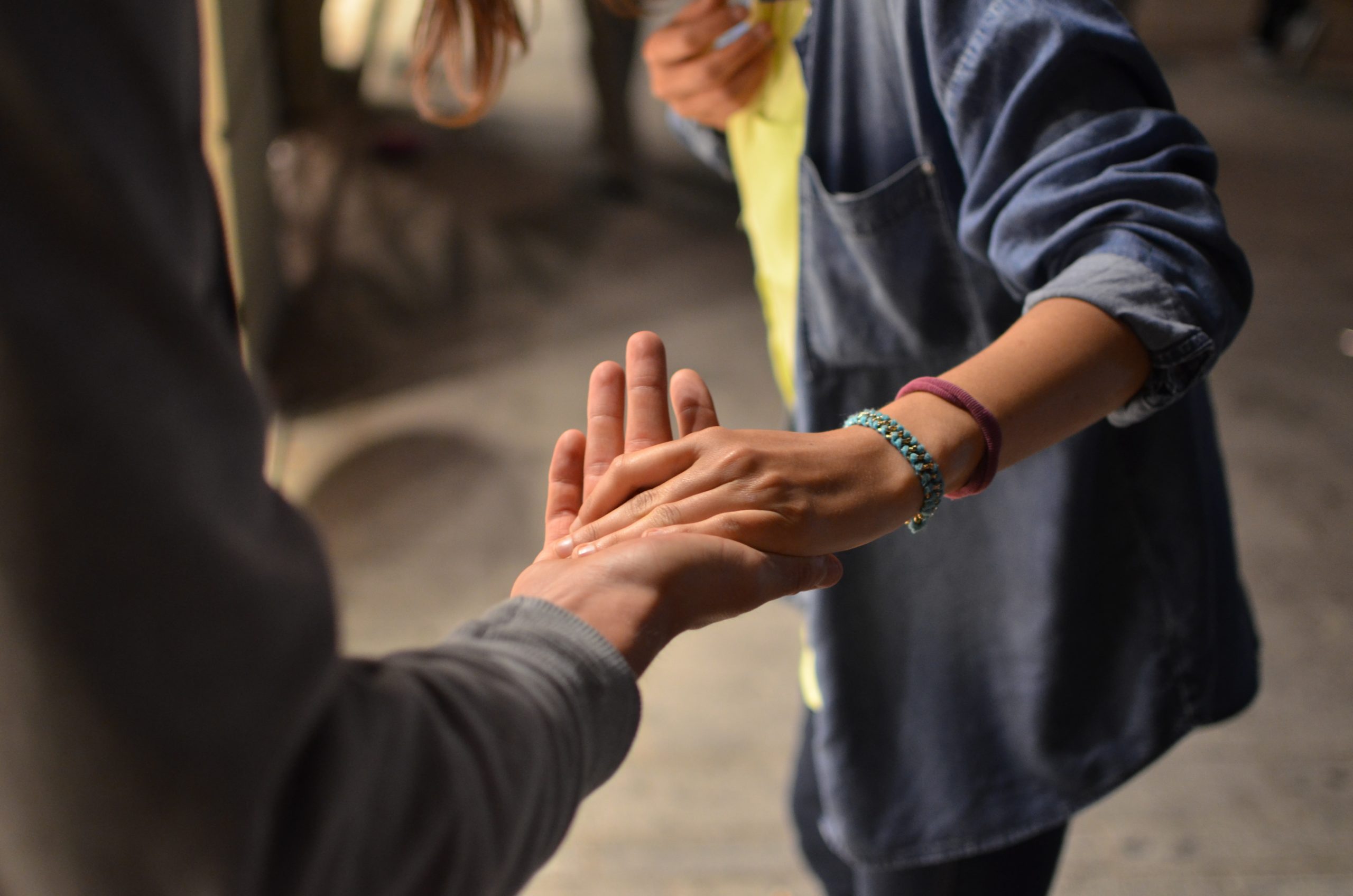A recent BBC article and accompanying study suggested that teens’ anxiety levels actually dropped during the pandemic. With others warning of a ‘Tsunami’ of mental health issues post-lockdown, evidence might suggest that the ‘quarantine’ period may have actually been better for young people’s mental health than the easing period.
Indeed, post lockdown issues like A-Level results saw a week of increased anxiety for young people, resulting in a steep 70% increase in the number of users downloading stem4’s Clear Fear app for managing anxiety to 38,856 in a week, and over a 55% rise in the number of users of stem4’s Calm Harm app for managing self-harm urges to 48,270 downloads also in the same week. However, other reports suggest that for some young people, mental health issues may have increased or become harder to manage over lockdown itself (for example, this BBC article). So, with all this in mind, how might we understand the various stages our minds go through in a crisis situation? Dr Krause is here to help.

Understanding the stages of a crisis
The ‘survival’ phase
There are a number of psychological ‘stages’ that individuals go through in a crisis. The initial phase sees a focus on ‘survival’ where our priorities shift completely to being able to overcome the immediate threat. As part of this ‘survival’ process, people will seek information. Indeed over lockdown, stem4 saw a significant increase in traffic to both it’s resource page of the website and the Clear Fear app website.
The ‘ongoing’ phase
In the second phase, called the ongoing phase, the magnitude of the crisis will start to die down and routine will begin to be established. A number of emotional responses may arise as a response to this. Some may turn to habits that are detrimental to their mental health. However, others may become settled into a routine they have found helpful. Without many of the worries that school, university, and work can usually bring, some young people may have found themselves with positive mental health. This stage is perhaps what was reflected in the BBC article about improved anxiety levels over lockdown.
The ‘reconstruction’ phase
The next phase is the reconstruction phase and it’s here that it is most likely young people may wish to turn to apps and other forms of support. As lockdown lifts, schools and universities begin teaching again, and normal routine starts, worries and mental health issues may start to re-emerge as the safety of routine from the ongoing phase is disrupted. A rise in anxiety and depression—and the mental health ‘tsunami’—may well be part of this phase.
The importance of building resilience
It is vital that young people prepare for this phase by building resilience and gaining an ability to adapt to challenging circumstances. It is also vital that a young person’s support systems develop a resilience plan to create a future road map to help them recover and build positive mental health. This resilience will continue to be useful over and beyond the current crisis period and well into the next phase of recovery over the next few years.
Digital health services may be helpful in young people’s resilience toolkit as access to traditional services remains restricted. stem4’s digital portfolio of 5 mental health apps and a mental health literacy programme may be useful as part of this:
- Calm Harm: for managing or resisting urge to self-harm.
- Clear Fear: for managing anxiety and reducing the physical responses to threat.
- Move Mood: for managing behaviours associated with low mood and depression.
- Worth Warrior: for managing low self-worth and body dissatisfaction leading to eating difficulties.
- Combined Minds: for helping families and friends to support young people with their mental health.
- Head Ed: stem4’s digital mental health literacy programme for UK secondary schools which provides many modules for classroom delivery on topics such as resilience, stress, anxiety, depression, and self-harm.
Increase resilience with stem4’s Youth Mental Health Day
stem4 is the founder of Youth Mental Health Day (#stem4YMHD), hosting the first YMHD on 7 September, 2020 to increase resilience in young people. With the initial theme ‘Bounce Not Break’, each year the day encourages schools, universities, workplaces, and young people in general to get talking about how they can cope when they’re feeling down, anxious, or upset. Together, we can help young people learn from failures, setbacks, and hardships and have a happier future.


